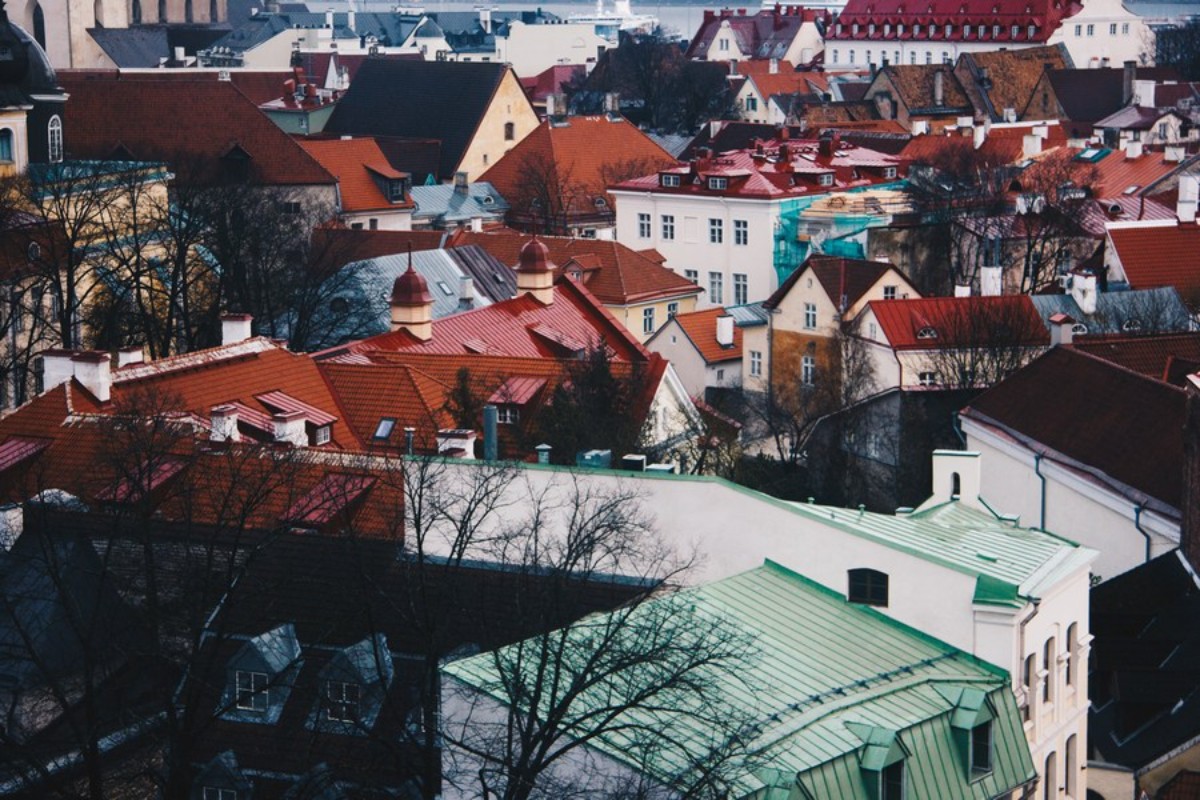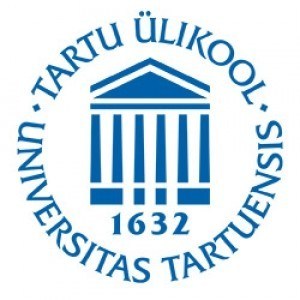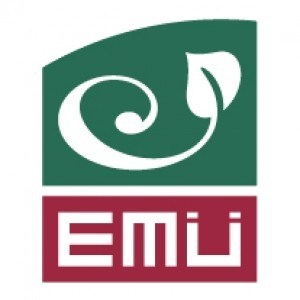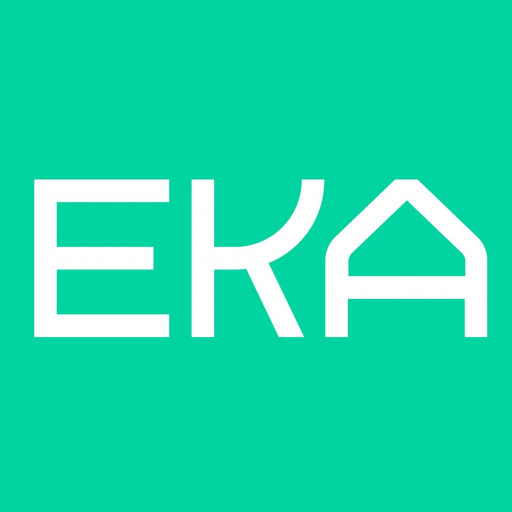Estonian universities become more and more popular among international students. Universities here offer programs in English for all levels of studie...
Estonian universities become more and more popular among international students. Universities here offer programs in English for all levels of studies and qualitative higher education, that recognized all over the world. Also, Estonia is attractive for students because of various scholarships and funding, high level research projects, active student’s life, working possibilities and good quality of life. Here you can find programs in Art, Social Sciences, Business and Economics, Computing, Mathematics, Engineering, Humanities and Law.

Estonian education has the credit system of measuring academic progress according to European Credit Transfer and Accumulation System. The amount of credit points depends on the student’s workload. In the most cases one year of studies would be forty weeks, that can be measured in 60 ECTS credit points. Student gets credit points only for courses, that are completed successfully.
There are two types of educational institutions: Estonian universities and universities of applied sciences (UAS). The second type of institutions provides first-cycle programs and sometimes offers master’s degree or post-secondary programs. UAS may provide master´s programs only in the certain fields: theology, public security, national defense. Other graduate programs may be taught here in collaboration with universities.
Nowadays, there are 26 educational institutions, both public and private, where you can obtain a degree. Estonian higher education system includes two cycles and can be called as bachelor–master model. Such study programs as dentistry, medicine, veterinarian, pharmaceutical, architectural and civil engineering training last for 5–6 years (300–360 ECTS credits) and represent long-cycle studies. These studies are integrated bachelor’s-master’s studies and include basic studies and specialization. A qualification that you will obtain during such studies, will be equivalent to a master’s degree.
The academic year in Estonia includes two semesters and starts in September or October. More often, international students start their studies in autumn. Bachelor’s degree takes 3 or 4 years (180-240 ECTS credits), that depends on the subject area. After graduating students can enter the labour market or continue their studies on the second cycle. On the undergraduate level you will get basic knowledge of the chosen subject.
Master’s studies in Estonia take 1–2 years (60–120 ECTS credits). In general, the second and first cycle of education should not be less, than 5 years (300 ECTS credits). Nowadays, Estonian universities offer more than 50 English-taught master’s programs.
You also can obtain a PhD degree in Estonia. The nominal length of these studies is 3–4 years. As a result of your studies, you may be awarded a research degree (doktorikraad). To apply for doctoral studies, you need a master’s degree.
In the end of the studies examinations (eksam) or preliminary examinations (arvestus) are required. Usually students pass examinations in oral or written written forms at the end of each semester. Oral examination includes specific questions, time for preparation and answering. Sometimes the examiner may ask additional questions. This type of examinations is usually held in a small group of students. During the written exam students answer one or several questions comprehensively or receive written tests.
International students in Estonia can work without any permit, if they work will not interfere with studies. Also, non-EU students has an opportunity to stay in Estonia after their graduation for looking for a job during six months and get a residence permit.
 Study programs in Estonia
Study programs in Estonia








